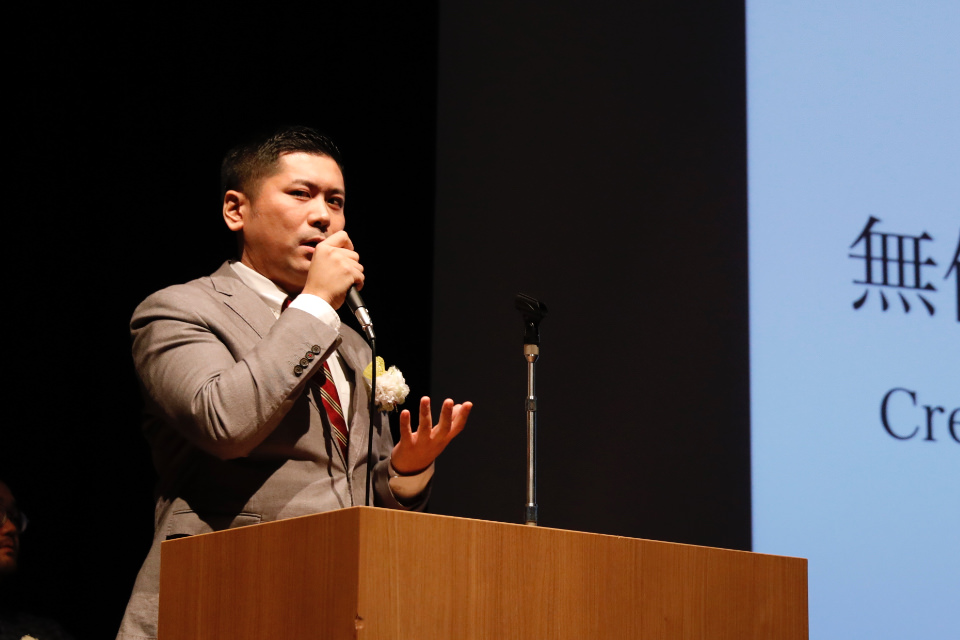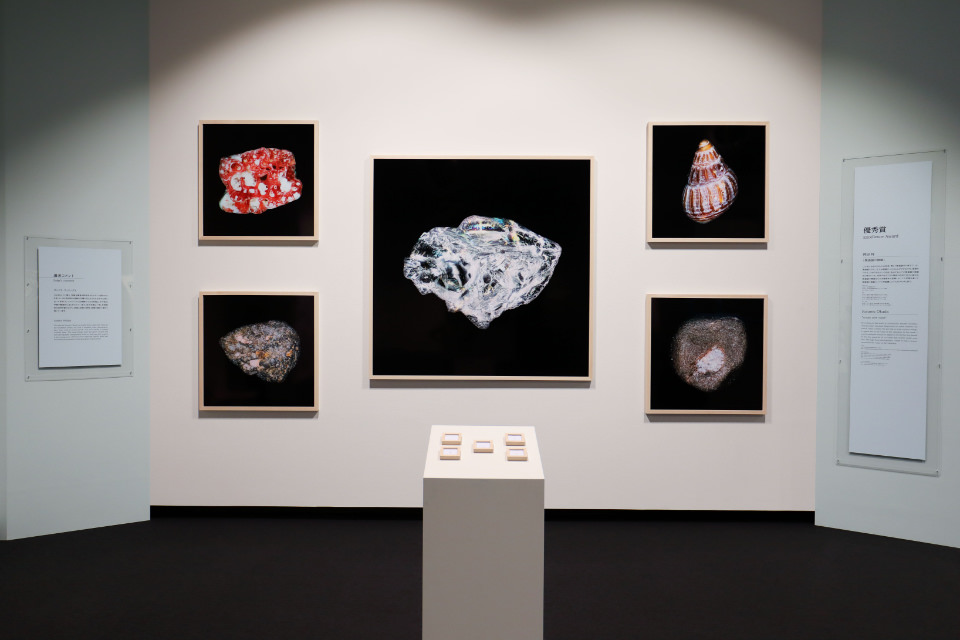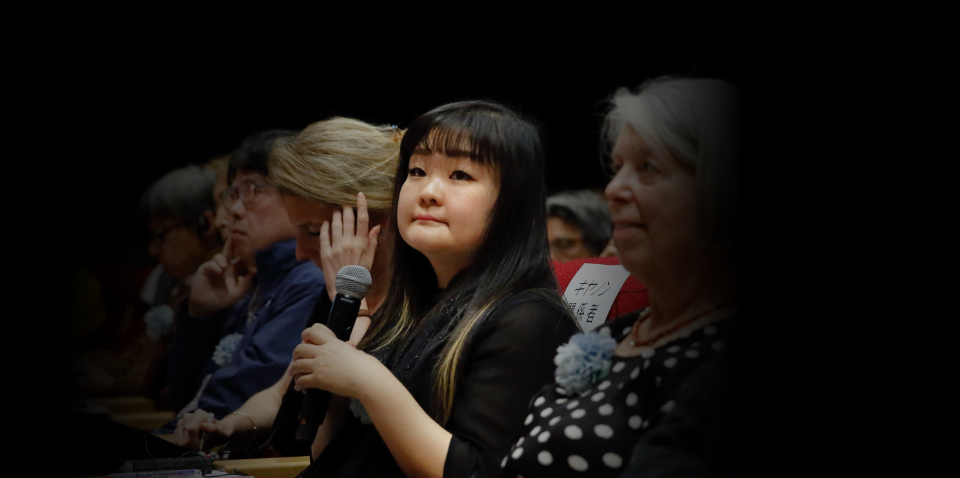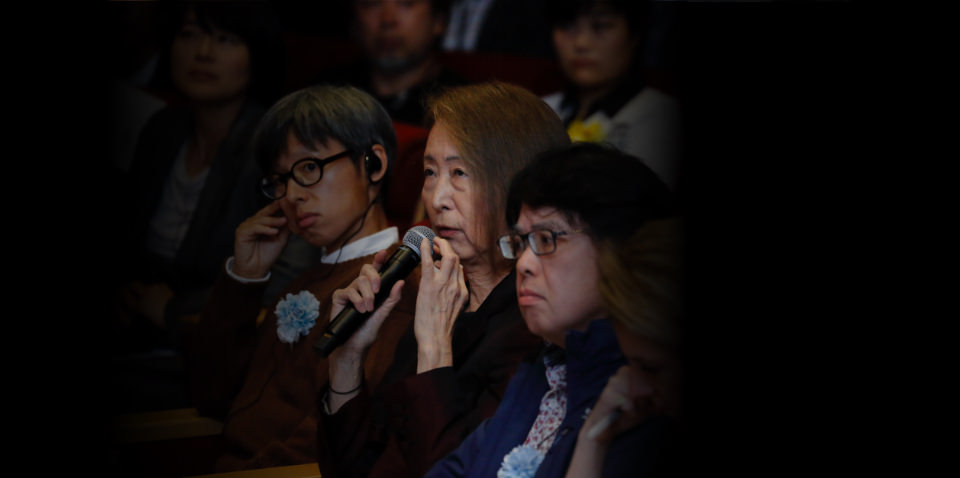PRESENTATION
What things have value for you? For me, I believe everything that exists in this world is equally valueless. This is one of the main themes of my work.
Why do I think things are valueless? About 10 years ago, I traveled to the U.S. and I visited the western portion of the Colorado River. There, I saw enormous canyons and landscapes of such epic scale that I found myself having the dizzying feeling that the opposite cliff face was only a few meters or a few dozen meters away from me, when in fact it was several hundred meters or even kilometers away. I think one reason why the shock of seeing something so massive caused this optical illusion was my tendency to be withdrawn back then. The incredible sensation I had of being so close to the opposite cliff and perceiving everything in miniature stayed with me as I returned home and fostered a desire to create a work from these feelings someday.
My mother passed away a few years later. Seeing that I was depressed, a friend invited me on a trip, letting me choose the destination. I like rocks, so I decided to go rock collecting in Tohoku. While collecting rocks on the coastline, I noticed something glittering at my feet. I looked closer and saw a bit of sand giving off light. I scooped it up and found it was a fleck of crystal less than a millimeter in size. Closer examination revealed its perfectly formed shape. This precision in something so tiny fascinated me and reminded me of my experience in the U.S. Back then, what was so huge looked small. But if the opposite were possible — if something so small as a fleck of crystal could be magnified at high definition and high resolution — then, I thought, the boundaries of size could be dissolved.
I photographed this work by attaching a camera to a microscope. I didn't realize it beforehand, but a one-millimeter grain of sand is too large for a microscope's depth of field. Adjusting the focus to fall on the front surface leaves everything behind it out of focus. So I had to incrementally adjust the focus, working from the front surface all the way to the back, taking a photo at each step. Later, in the computer, I combined just the portions of each shot that were in focus to make one photo.
My thoughts shifted while taking these photographs from size to value. The reason being size, in the context of human society, is directly correlated to value. A larger piece of gold has more value than a small piece, even though both pieces contain the exact same substance of gold. This line of thought led me to conclude that the sole agency that assigns value to things in the world is humans and that intrinsically everything has the same value of zero. And I began to see that humans accumulate many layers, such as life, culture, history, and value systems.
The word valueless may sound a bit extreme to some of you, but I interpret the concept as something constructive for human life. In my view, under this concept, everything is equal precisely because it is valueless. Assigning or attaching value to the valueless is the essence of human life.
Some people may look at my work and think “that grain of sand has value to me”. But in my estimation, the act of assigning value to things without value is what makes human life so compelling and the crux of human freedom.


I understand your presentation today to mean that how one assigns value affects one's life. If so, perhaps the title “create new value” could have been worded a little better. I was intrigued by your idea of using photography to change our sense of scale.

On the purest level, I found your work to be incredibly beautiful. You stated that everything is valueless, but, conversely, it is also possible to claim that everything has value. Your work is stunningly beautiful, but I think it would have engaged me emotionally as well had you incorporated a sense of the smallness of humans or the disarray of the world in which we live.

Judges’s Comment
Sandra Phillips (selector)
I listened to your presentation with great interest. I was truly moved by your work. You enormously magnified tiny things we can barely see, and you included the actual grains of sand in your book when I first saw it, so we could get a real sense of how small the grains of sands were that you photographed. Do you plan to continue embedding lovely and magnificent sensations of this type in your work?
(Okada)
I will certainly embed these sensations in my future work. I think the sensations you have while selecting the sand to shoot have a direct bearing on the work. I try to incorporate them simply by continuing to dedicate myself to make records of things.